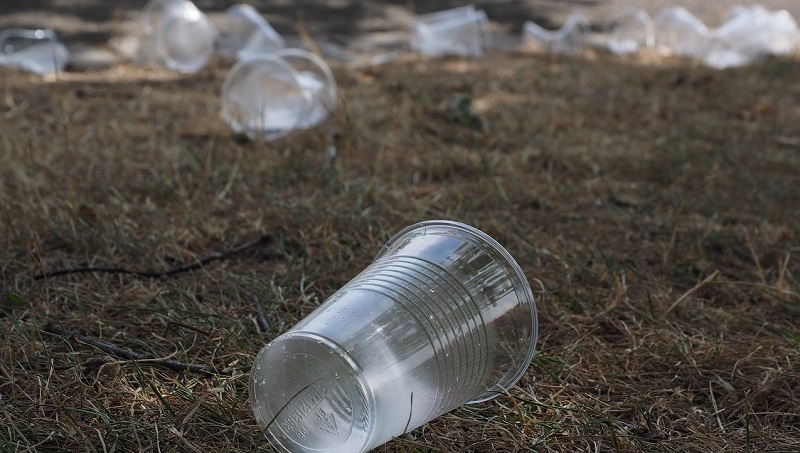
18 Jan 5 Ways to Create Less Trash From Your Group Activities
When you’re balancing all the tasks of your life and trying to find time to plan that weekly scout meeting, book club gathering, or other function, you have a lot to think about. Your first thought may not be “How can I create less trash?” Usually you just want to keep things fun while minimizing cost and effort. But did you realize that by taking a “green” approach you achieve those goals as well? And, if you work with kids, you have the chance to set a wonderful example.
Here’s how to create less trash from your group activities by making some simple changes.
Avoid Disposable Products
While paper plates and plastic cutlery make for an easy cleanup they aren’t great for the environment. They stay in landfills basically forever. Likewise, buying pre-boxed meals in plastic or Styrofoam containers creates a lot of non-biodegradable waste. Even if you recycle the plastic, it has a finite life cycle. It can usually only be recycled once. Materials made from once-recycled plastic head next to the landfill.
So what can you do? If you buy takeout, support restaurants that use cardboard or compostable packaging. Or use reusuable plates and cups. Pick up some old ones at a thrift store or donate some you no longer use. Make a group activity out of decorating them. Here are some tips on how to safely adorn your dishes.
Skip the straws, too. A whole movement is growing around banning plastic straws, which are usually unnecessary, tend to get tossed, and pose a huge threat to wildlife.
What about washing? Take turns within your group taking the dishes home to wash. Or, if you meet in a place with appropriate kitchen facilities, do it there! Again, make it an activity. Many hands make fast work. Kids even find it fun when they don’t think of it as a chore.
Cut Out the Decorations
Decorations can be expensive and almost all of them end up in the trash. Just as you did with the dishes, think about reusable or at least recyclable options. You will save money in the long run by using things more than once.
Collect natural objects, like fall leaves or pinecones, and decorate with those. Or use artwork created by the group members. If you all make something beautiful, leave it hanging up at least until the next meeting.
If you need a tablecloth, buy a reusable one. Better yet, take a look in your linen closet for an old sheet that you don’t mind getting dirty.
Finally, look for ways to turn trash into treasure. Look for craft ideas that repurpose old household items into decorations for your next celebration.
Seize Teaching Moments
Instead of thinking about clean-up as a chore, turn it into a lesson. This works well with kids, but anyone can try it. Review what items are recyclable in your community and which are not. For example, show everyone how to look at the numbers on the bottom of plastic containers and understand them. Let kids help to break down cardboard boxes or crush soda cans.
Composting can be fun and teaches kids about the science of decomposition and food webs. If your school or a local park has compost bins available for the public, host your gathering there. Then, when everyone finishes with their meal or snack, discuss decomposition. Explain to kids how their orange peel or apple core will provide a home for worms and insects. (They often enjoy the “gross-out” factor.) Then talk about how the rich compost will help plants to grow in the future. You might even invite a naturalist or scientist to speak to your group about the science of composting–or how to compost at home!
Take-Home Materials
Do you really need handouts or flyers? Most schools and organizations now communicate with members via social media or an app. Sometimes a piece of paper serves as a nice reminder, but ask yourself what’s really needed.
Think about crafts that kids might take home. Will they likely just throw it away in a week or two? Perhaps instead of making an easy, one-off craft every week, they could invest in a longer-term project. Work with them on something with staying power. Take the money you would spend on several inexpensive crafts and direct to toward a more ambitious one. Or save even more on materials by making things out of discarded household objects. Ask families to save “trash” that you can turn into treasure.
Transportation
How does everyone get to your gathering? Could you reduce carbon emissions by changing something? Try offering some incentive for families to carpool. If you live in a bike-friendly area, encourage people to bike or even skateboard. Kids and adults alike can get a little extra exercise this way. The experience of driving, biking, or walking together, also provides quality bonding time for friends, families, or classmates.
PHOTO: Pixabay / CC0 Public Domain




No Comments